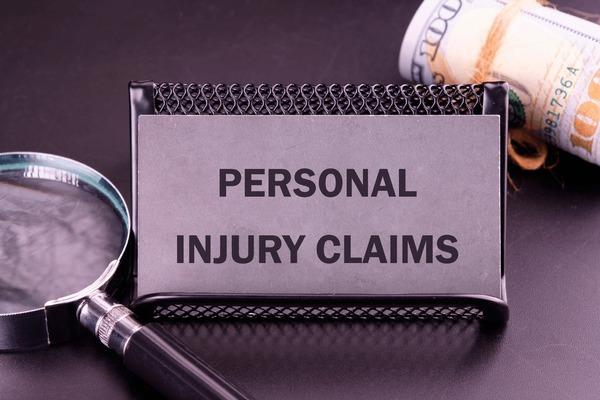Accidents can happen in the blink of an eye, but the aftermath can be long-lasting. Whether you're hurt in a car crash, slip and fall, or workplace accident, the effects can touch every aspect of your life. The emotional toll can be just as devastating as the physical injuries. Financial stress only adds to the burden. If you’ve been injured due to someone else’s negligence, you may wonder what a personal injury claim is and how it can help. Simply put, it’s a legal avenue to seek compensation for the damages you’ve suffered—both monetary and emotional.
The Financial Toll of Personal Injuries
Medical bills can quickly add up after an injury. Emergency room visits, surgeries, follow-up appointments, prescription medications, and physical therapy are just the start. Depending on the severity of the injury, ongoing care may be necessary for months or even years.
In addition to medical costs, injured individuals often lose income. Some are unable to work temporarily, while others face permanent disability. Lost wages or reduced earning capacity can make it nearly impossible to meet daily expenses. That’s where personal injury claims come in—they help victims regain control of their financial stability.
What Can Be Recovered Financially?
A personal injury claim allows you to pursue compensation for several types of damages, including:
- Medical Expenses: All past, current, and anticipated future medical costs related to the injury.
- Lost Wages: Income lost due to missed work, and even future earnings if your ability to work is affected long-term.
- Property Damage: Repairs or replacement of damaged property, such as a vehicle.
- Out-of-Pocket Costs: Expenses like travel to medical appointments, home modifications, or medical equipment.
In some cases, punitive damages may be awarded to punish the wrongdoer and deter similar actions in the future. These are less common but may apply in cases of extreme negligence or intentional harm.
Emotional and Psychological Impact
Financial recovery is just one part of the equation. Personal injuries can also take a deep emotional and psychological toll. Many people experience anxiety, depression, sleep disturbances, and even PTSD following a traumatic incident.
Pain and suffering damages are meant to address these invisible wounds. While it’s difficult to put a dollar amount on emotional distress, it’s recognized in the legal system as a legitimate form of harm. A successful claim helps victims access mental health resources and regain a sense of normalcy.
Helping You Reclaim Control
When someone else’s carelessness turns your life upside down, it’s natural to feel helpless. Filing a personal injury claim can restore a sense of control. It puts you in the driver’s seat and demands accountability from the responsible party.
Beyond financial and emotional relief, claims often spark changes that improve safety for others. For example, a successful lawsuit might lead a company to fix unsafe practices or encourage a landlord to improve building maintenance. In this way, your claim can have a broader impact.
Legal Representation Matters
Working with a qualified personal injury attorney can make a significant difference. Lawyers understand the complexities of liability, evidence, and insurance company tactics. They can negotiate on your behalf to ensure you receive fair compensation.
Attorneys also help gather medical records, witness statements, and expert testimony to strengthen your case. Their experience helps navigate the legal system efficiently while giving you time to focus on healing.
Common Personal Injury Claim Types
Personal injury law covers a wide range of incidents, including:
- Car Accidents: The most common cause of personal injury claims in the US.
- Slip and Fall Accidents: Often linked to unsafe property conditions.
- Medical Malpractice: When a healthcare provider’s negligence leads to injury.
- Product Liability: Harm caused by defective or dangerous products.
- Workplace Accidents: Especially where employer negligence plays a role.
Each case is unique, and the success of a claim depends on evidence, documentation, and legal guidance.
Emotional Closure and Peace of Mind
Sometimes, knowing that justice has been served provides emotional closure. Financial compensation can’t erase trauma, but it does offer stability, especially when it enables you to get treatment, support your family, or replace lost income.
Pursuing a claim sends a powerful message—that your pain matters, and that someone is accountable for it. That validation alone can be healing.
Final Thoughts
Recovering from an injury is more than just healing physically. The emotional and financial impacts can last far longer than most people anticipate. Personal injury claims are a vital tool in helping victims restore both their economic footing and emotional well-being.
Understanding your rights and seeking proper legal help ensures you’re not left to face the aftermath alone. With the right support, you can reclaim your life and move forward with greater confidence and peace of mind.






